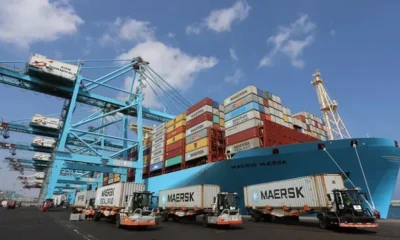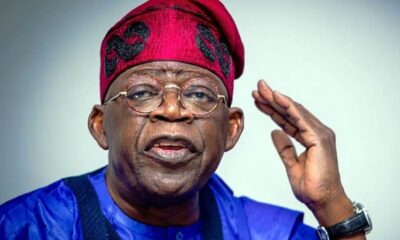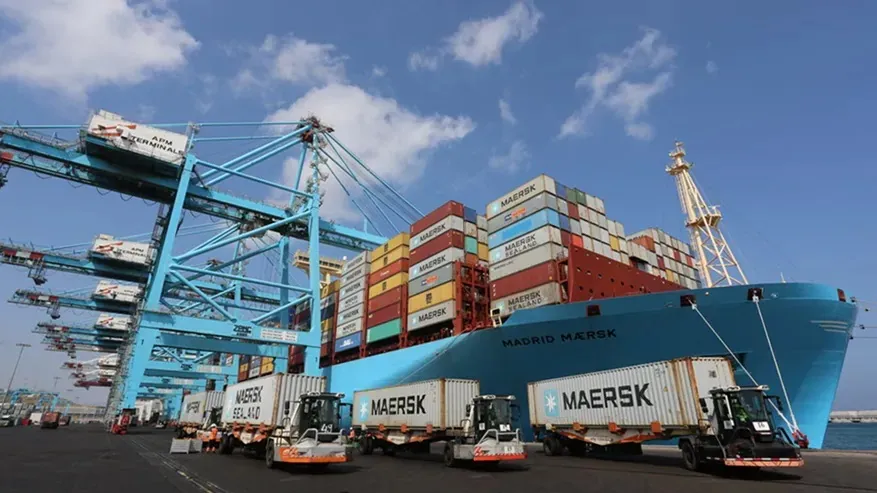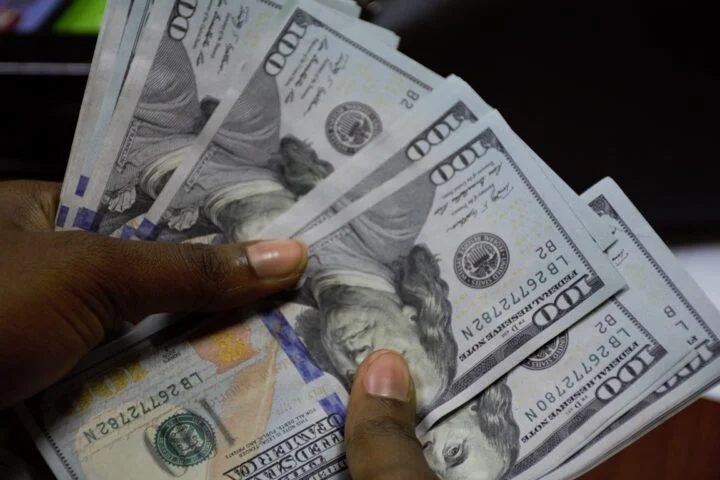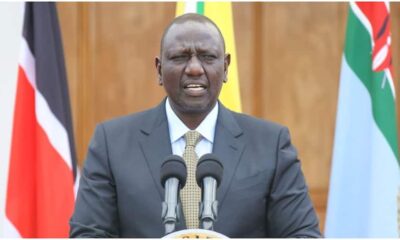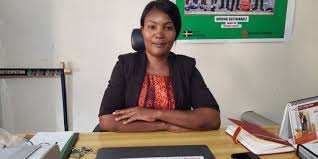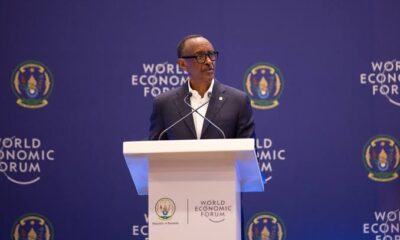Amidst the volatility around the Nigerian currency and its foreign exchange market, the Association of Bureaux De Change Operators in the country has revealed plans for a unified retail end of the foreign currency market.
In a statement released on Saturday, the association said that the move would reduce volatility and improve regulatory compliance in that market sector.
The lack of dollars has had a huge effect on Nigeria. In the past few weeks, the naira has hit all-time lows, and the central bank has had to weaken the currency twice in less than a year and launched campaigns against currency racketeers as well as other policies like banning Binance and other crypto companies’ online sites through the Nigerian Communications Commission to stop what the government saw as ongoing manipulation of the foreign exchange market and the illegal flow of money.
Aminu Gwadabe, President of ABCON, said that the organization was putting plans in place to bring together market operators from different backgrounds. These plans included starting state groups to coordinate, integrate, and run a single market structure.
Gwadebe said that all BDC owners in Nigerian markets would be taken care of when it was done. He also talked about plans to improve its Business Process Platform, which used to be known as SAAZ Master.
He said, “Part of our vision for a united retail-end forex market includes activating geo-mapping and automated BDCs physical office verification exercise using the Remote Gravity Physical verification apps. This will enable forex buyers to locate BDCs offices for effective and seamless transactions easily.”
He said again that a strong retail end forex market would help the Central Bank of Nigeria reach its goal of real price discovery for the naira, as well as meet international obligations and national goals, make it easier for security agencies to monitor and supervise, and give BDC players a better view of the market.
Gwadabe says that the goal of a unified retail end forex market will help with the creation of market intelligence reports, improve the image of BDCs, other players, and market operators both locally and internationally, and create more jobs.
Gwadabe said that if this plan is carried out well, it will help the government make money through a digitalized retail end market and create a well-structured, open, and competitive platform to stop the threat of illegal platforms.
“With the world going digital, BDC operators under the ABCON leadership are committed to staying ahead of the competition by deploying time-tested technology to deliver effective services to foreign exchange end-users.
“Finally, we also condemned in its entity, the seeming reappearance of illegal economic behaviours in forex conversion and peer-to-peer trading that pose another recent surprise in naira volatility and I therefore want to warn that while surprises are the new normal, resilience is also the new skills,” Gwadebe explained.
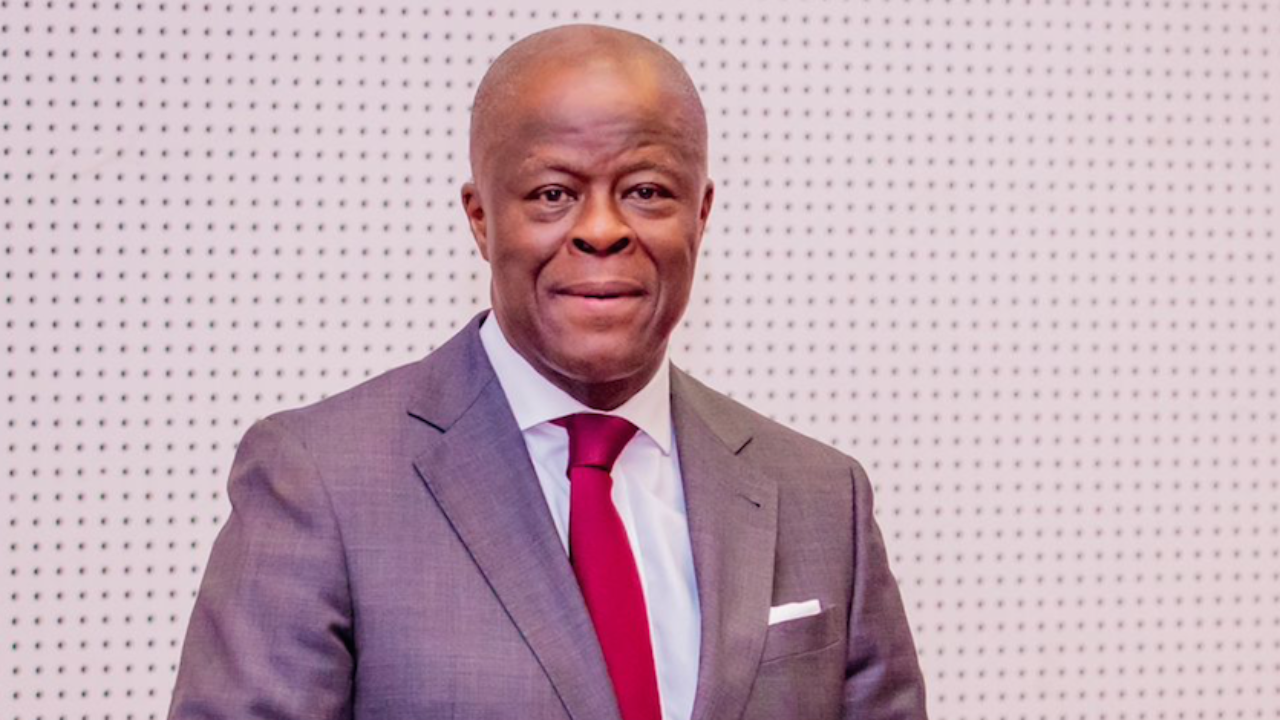

 Behind the News1 day ago
Behind the News1 day ago
 Politics1 day ago
Politics1 day ago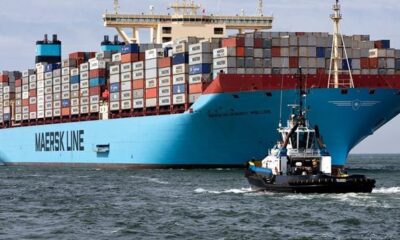
 Musings From Abroad2 days ago
Musings From Abroad2 days ago
 VenturesNow1 day ago
VenturesNow1 day ago

